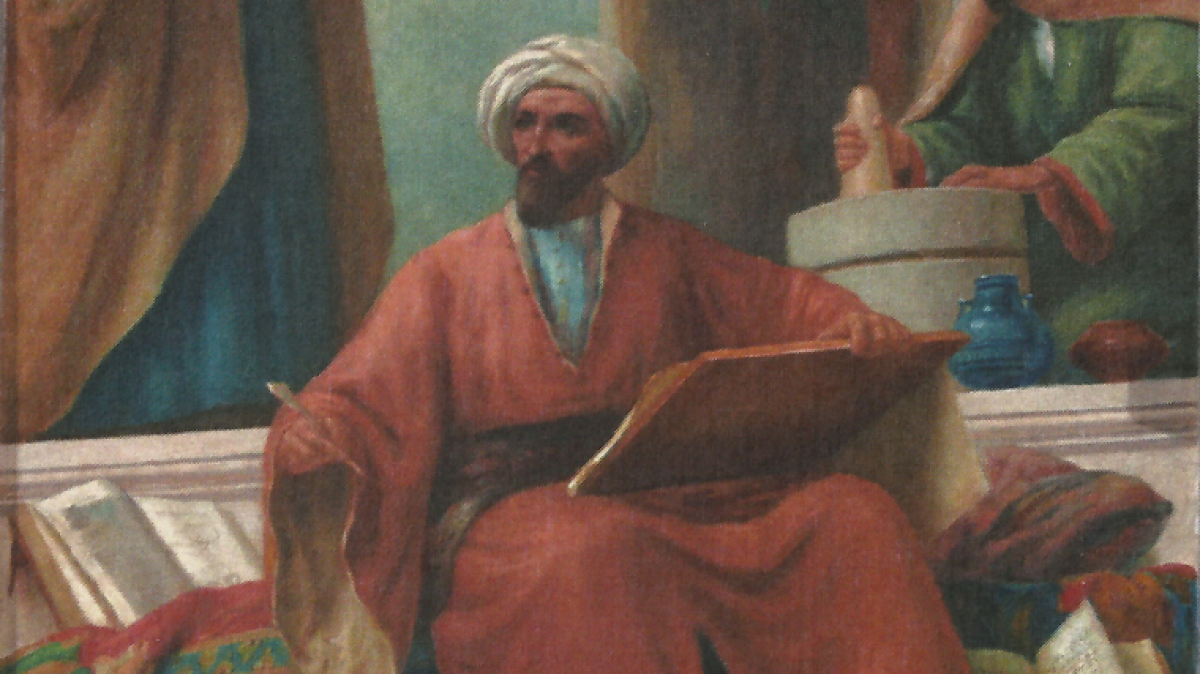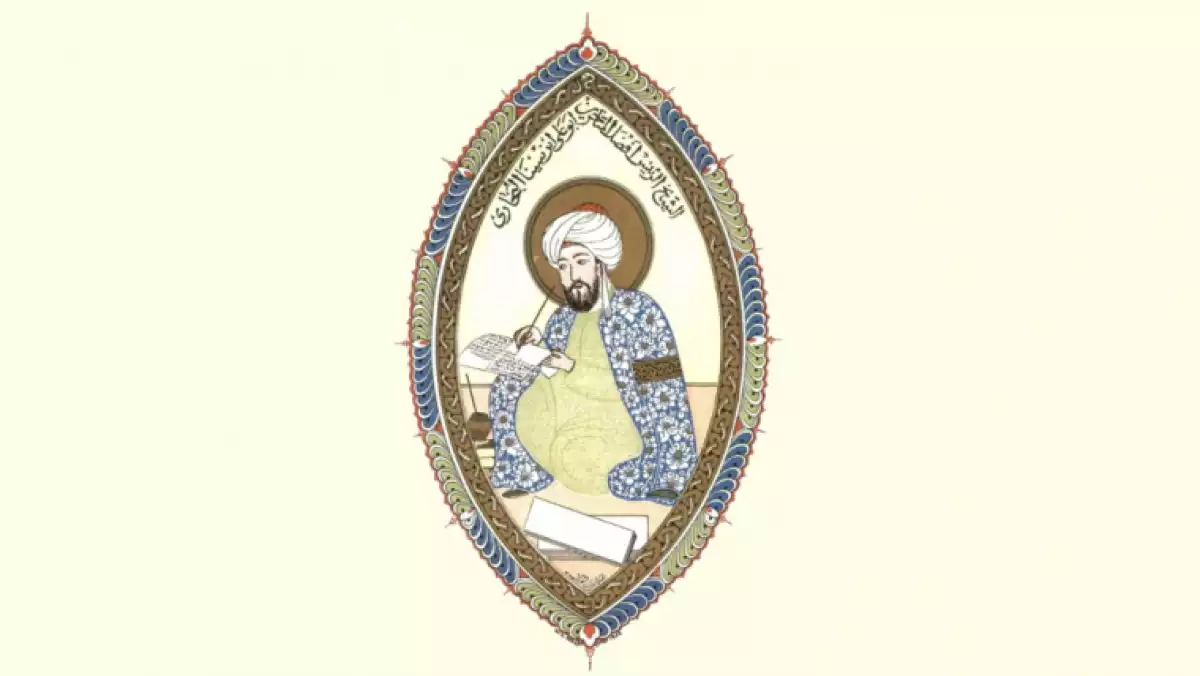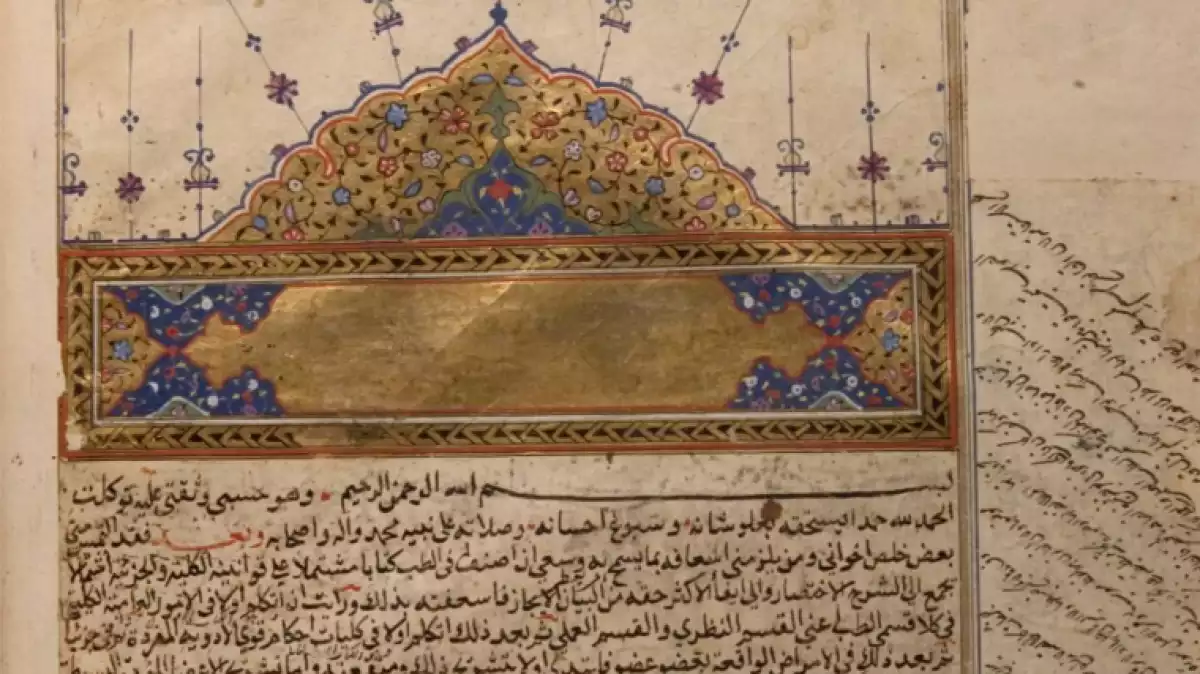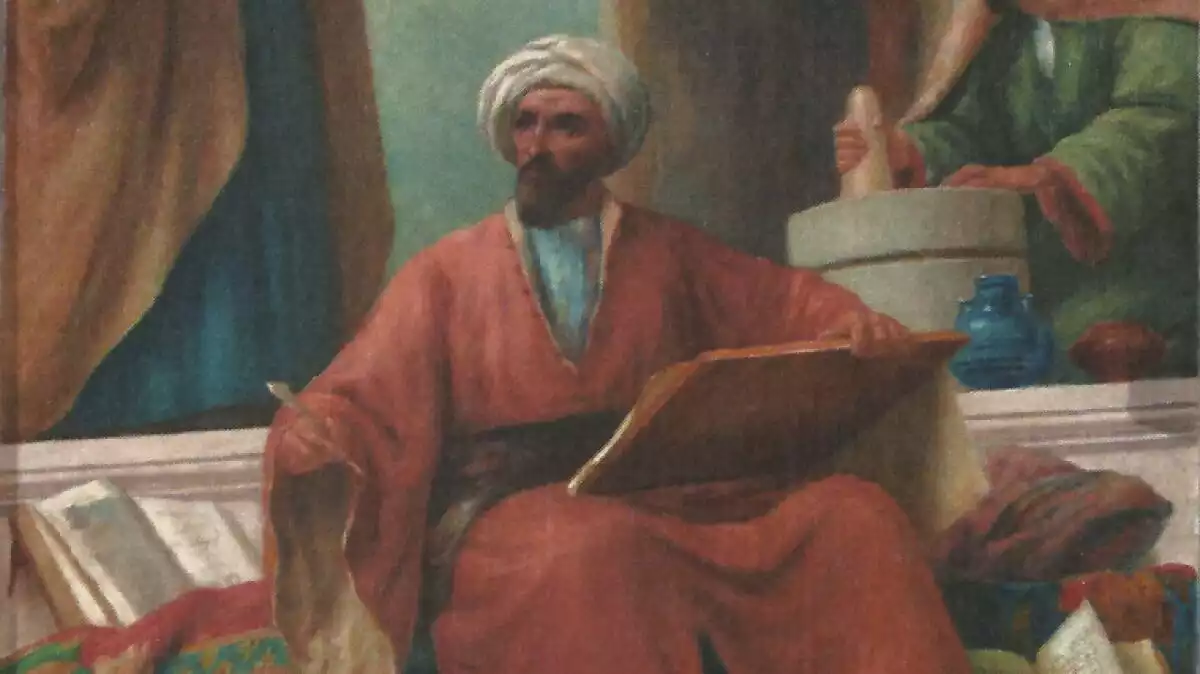
Avicenna is one of the world's most famous medics and many have named him "the father of modern medicine" - an honor he shares with Hippocrates, the Greek doctor that penned the Hippocratic oath.
As a pioneer and essential figure in Arabic culture in the Islamic Golden Age, Ibn Sina has been forever immortalized in Noah Gordon's "The Physician" novel and in the movie, where Ben Kingsley gives life to the legendary Avicenna.
Avicenna - biography of a medical titan
Abu Ali al-Husayn ibn Abdallah ibn al-Hasan ibn Ali ibn Sina is the full name of the most transcendental figure in philosophy and medicine in the Middle Ages, usually shortened to Ibn Sina (ابن سينا) or Avicenna. His disciples would call him "The Greatest Doctor", and "The Prince of Physicians".
Ibn Sina lived in Persia between 980 and 1037 during a period known as the Islamic Golden Age. His father was a scholar working for the Samanid Empire, which used to cover all of today's Afganistan. According to his biography, Avicenna memorized the Coran before he was 10, learned maths from a vegetable seller, and medicine from a traveling doctor. By the time he was 18, Avicenna was already a reputable doctor making a living off of his profession.
Avicenna's most famous writings include "The Book of Healing" and "The Canon of Medicine" - two transcendental books that revolutionized how medicine was practiced in universities across the Middle Ages, both in Islam and the Western world. "The Canon of Medicine" was particularly successful and got translated into Latin while being widely used until the Renaissance
Ibn Sina's contributions are not limited to medicine; on the contrary, his work also left a significant mark on sciences such as mathematics, physics, psychology, astronomy, geography, geology, and alchemy. The polymath also wrote about theology, music theory, and the soul among many other topics.
Avicenna remains one of the most the most significant philosopher in the Islamic tradition and arguably the most influential philosopher of the pre-modern era.

The Canon of Medicine
Avicenna's most known body of work is The Canon of Medicine - a 5 volume medical encyclopedia that was used as a medical guideline in Europe and the Islamic world until the 18th century. Ibn Sina wrote and published the final volume in 1025.
The first volume detailed basic principles of medicine, anatomy, and human physiology. Avicenna also described treatments, diets, and general exercise routines.
In book 2, Materia Medica, Avicenna lists 800 therapeutic natural substances from vegetal, animal, or mineral sources. The author also describes six basic rules for experimenting with new substances, which he based off of Galen's work - Greek physician, surgeon and philosopher in the Roman Empire.
The third volume analyzes the mechanism and ailments of each organ in the human body, from head to toes, while the fourth book talks about diseases and infections that affect the body in its entirety.
Lastly, the fifth volume of the Canon compiles a list of 650 medicinal compounds along with their respective recipes. Some of these have been attributed to Avicenna himself, while others come from external sources. This last book also includes the author's opinion on the effectiveness of the medicine he introduces.

Medical influence in the Middle Ages
One of the reasons that could explain the popularity of Avicenna's work in Europe could be the fact that in Persia, at the time, Aristotle, Galen, and Hippocrates were believed to be the more prominent scholars.
Hippocrates and Galen, known for their theory of humorism (which explains personality in relation to the biological temperament) were seen as key figures in Islamic medicine as well as well as in many places in Europe and their work left a significant mark on Avicenna.
Philosopher and doctor Ibn Rushd, Latinized as Averroes, was a Muslim Spanish Andalusian philosopher and thinker who also had an important influence on Ibn Sina and promoted uniting the Islamic and the Greek philosophies, considering that both scholars were knowledgeable in these areas.
Among the most significant contributions that Avicenna made to medicine, we can mention his accurate description of the anatomy of the human eye and of the symptoms caused by diabetes mellitus, cataract, pleuresia, and meningitis. The polymath also accurately predicted that rats would play an essential role in the proliferation of the plague (Avicenna mentioned this in the year 1000AD), a hypothesis which came to life three hundred years later in one of the most devastating pandemics of the world, also known as the Black Death.
Ibn Sina in “The Physician” by Noah Gordon
In 1986, author Noah Gordon published the novel "The Physician" which includes Ibn Sina as the main character, and although its success was limited in the United States (Gordon's home country), the book was well received in Spain and Germany. https://www.nytimes.com/1996/05/21/books/best-selling-author-but-not-at-home.html
The book's popularity in Europe prompted the author to write two more volumes, thus creating a trilogy. His additions were Shaman (1992) and Matters of Choice (1996).
Following in the book's footsteps, as it were, German director Philipp Stölzl released the movie The Physician (Der Medicus in German), who stars Tom Payne and Ben Kingsley who interprets the role of Avicenna.
The Physician tells the story of an orphan man who, after the death of his mother, travels to Persia in an attempt to study medicine from one of the most famous physicians of the land - Ibn Sina.
Check out the original article: Avicena (Ibn Sina): biografía e influencia del autor del Canon de Medicina at viviendolasalud.com
References;
Gutas, D. (1988). Avicenna and the Aristotelian Tradition: Introduction to Reading Avicenna’s Philosophical Works. Leiden: Brill.
Khan, A. (2006). Avicenna (Ibn Sina): Muslim physician and philosopher of the eleventh century. The Rosen Publishing Group.
McGinnis, J. (2010). Avicenna. Oxford: Oxford University Press.
Saffari, M. & Pakpour, A. (2012). Avicenna’s Canon of Medicine: A look at health, public health, and environmental sanitation. Archives of Iranian Medicine, 15: 785-789.
Segovia, C. A. (2006). Avicena (Ibn Sina). Cuestiones divinas (Ilahiyyat): Textos escogidos. Madrid: Biblioteca Nueva.
Weisser, U. (2011). Avicenna: The influence of Avicenna on medical studies in the West. Encyclopedia Iranica.
